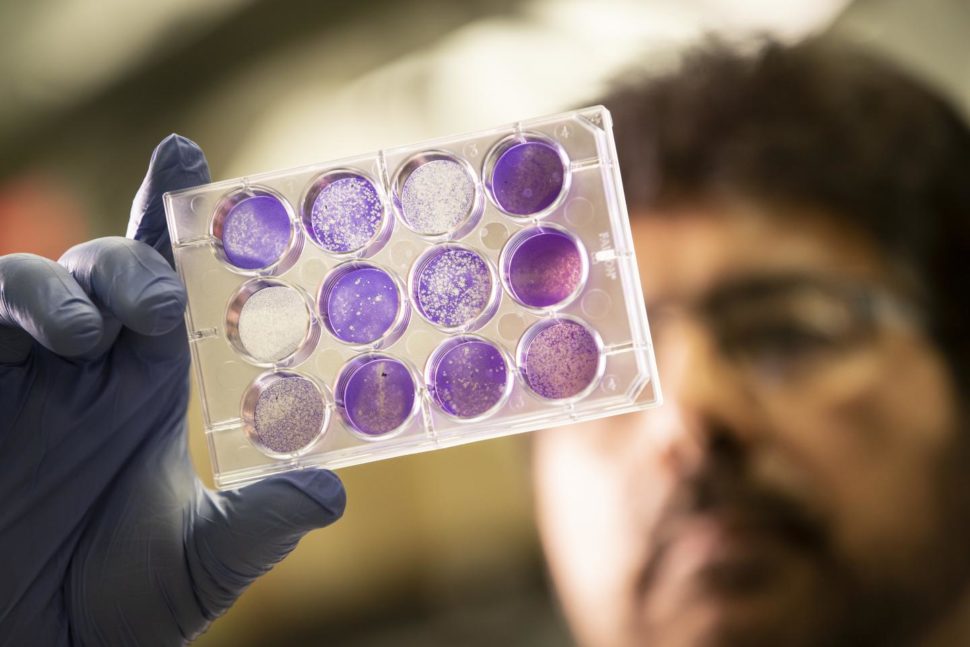The increase in the cases of measles, mumps and other contagious diseases across the United States after they’re thought to be eliminated bears the signs of a public health crisis.
Luckily there’s vaccination thanks to which many won’t have to deal with a host of illnesses.
Vaccines save lives, and most anti-vax people would change their position when exposed to the real-life cost of not taking vaccines: meeting people with vaccine-preventable infections.
While vaccine hesitancy leads to unnecessary deaths, millions of children in low-income countries miss out on vaccines because they’re too costly.
Nearly 20 million infants in the world remain under-vaccinated and exposed to vaccine-preventable diseases.
In some remote regions around the world, people don’t have access to life-saving vaccines because of the hot climate and the unreliable electricity supply that affect vaccines “cold chain” conditions.
Breaking the Cold Chain: “Sweet” Way to Transport Vaccines
McMaster University in Hamilton, Canada, placed second on a global impact ranking based on the UN based on the Sustainable Development Goals. The university would earn more points in the next ranking because of a new transportation method for vaccines.
Some vaccines, especially those based on weakened living viruses, need to be kept at a low temperature all the time until they’re used.
To remain effective at the time they’re administered, vaccines require a cold supply chain from the time they were produced. Usually, vaccines are refrigerated in temperatures between 2°C and 8°C (36-46°F), and any breaking of this cold chain affects their potency.
According to estimations from the Global Alliance for Vaccines and Immunization, only 10% of healthcare facilities in poor countries have a reliable power supply.
Cold chain storage of vaccines, which raises their costs, is a major cause of poor immunization coverage rates in the world.
Now, McMaster researchers have found a way to break away from cold chain requirements and allow vaccines to be transported and stored in temperatures up to 40°C.
Read More: Scientists Find Possible Flu Cure Using “Killer” Immune Cells
“You can spend all kinds of money developing a vaccine, but if it is deactivated by high temperature an hour before you can give it to someone, it doesn’t matter,” says co-author Ali Ashkar.
The new affordable method consists of mixing a sugary gel with the active agents in vaccines that will then extend their viability to eight weeks or more at high temperatures.
While preparing vaccines using adds a marginal cost, the process eliminates almost entirely the cost of transportation that usually makes up about 80% of vaccines total cost.
Besides being affordable, the process of combining vaccines with sugars (pullulan and trehalose) is as simple as “stirring cream and sugar into coffee”.
The team has proved the viability of their method on two vaccines for the influenza virus and herpes simplex virus.
With all the materials researchers used being already FDA-approved, the way to getting their thermostable vaccines technique to the market is easier and they are now working with a commercial partner to make it happen.



















Comments (0)
Most Recent